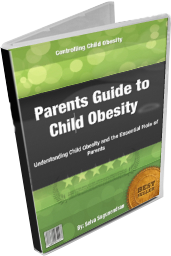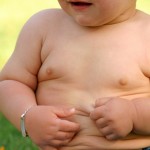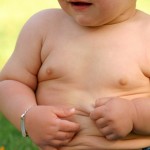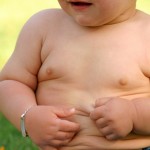 Children should be bought up with proper care. There are many things, which you have to consider and take care to grow your kid in the proper way. It is also very important to be aware of the common health problems that can affect your child. However, childhood obesity is also one of the common problems, which are increasing these days.
Children should be bought up with proper care. There are many things, which you have to consider and take care to grow your kid in the proper way. It is also very important to be aware of the common health problems that can affect your child. However, childhood obesity is also one of the common problems, which are increasing these days.
Millions of children around the world are facing obesity problems. Even though they are practicing different types of treatment and programs, most of them are not able to get rid of it. Parents are also becoming panic because of this situation. If child obesity is not treated properly, it can cause serious damages to your kid’s future.
However, you do not have to worry. As this problem is increasing, experts have researched and found solutions for it. Parents play an important role in a child’s health. Therefore, it is very important to encourage your children to do proper exercises and activities to gain a healthy body. You should also give importance to the food you prepare for him or her. Proper food will not only help them to gain a healthy body, but also to maintain a toned body.
Therefore, if you are serious about your child’s health and future, make sure you will consider these simple tips. Proper food and care will help you to get rid of the obesity problem of your child. If you are looking for more information on this topic, there are thousands of websites to help you.



